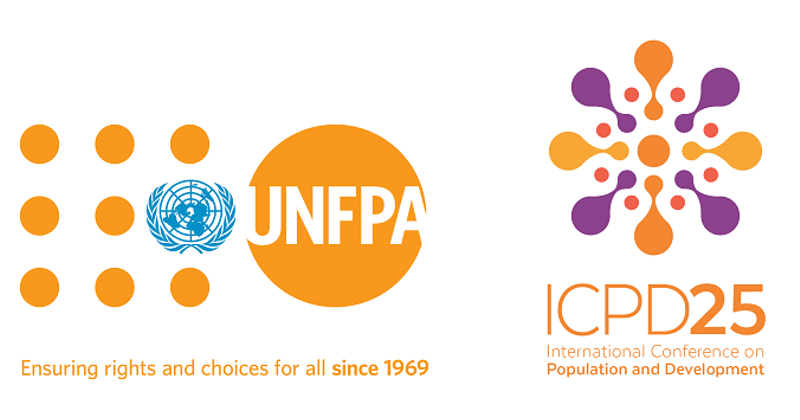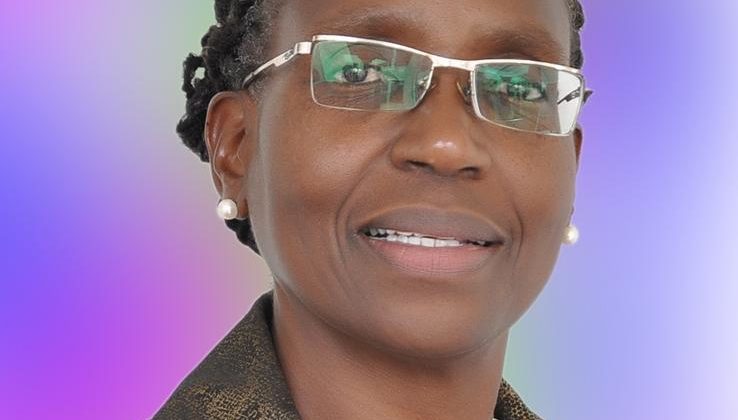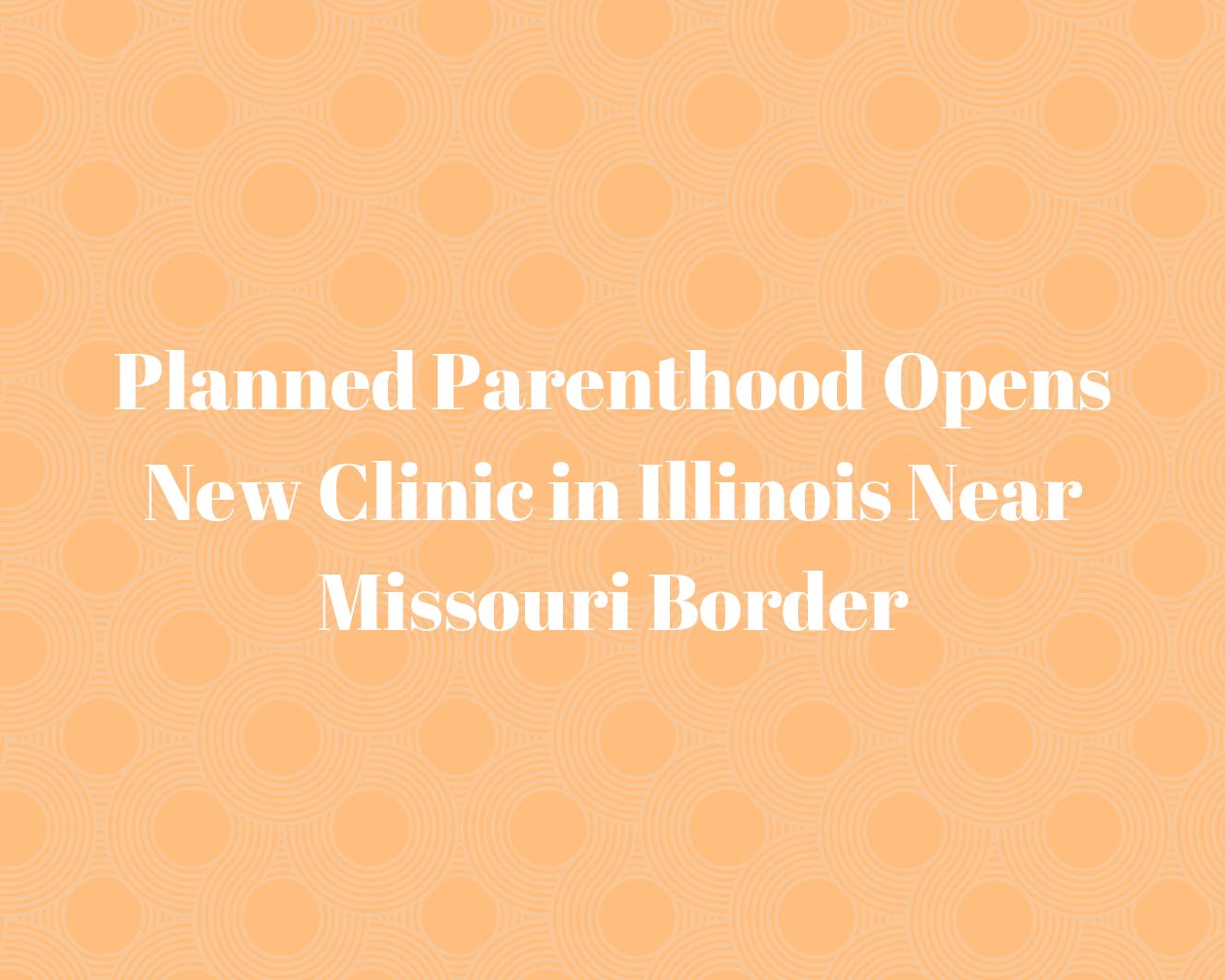
ICPD: 25 Years Later
Article by Diya Chadha The International Conference on Population and Development held in 1994 in Cairo, Egypt, brought 179 countries together behind the common goal of bringing improved reproductive health care and rights to the forefront of international policy and development efforts. Though the call for action primarily dealt with the state of healthcare access in more developing parts of the world, as well as the way women are structurally excluded from such accessibility, the inherent link between health and empowerment was established. Thus, the idea that this access to healthcare is instrumental in achieving women’s empowerment and further gender equality was highlighted. Now 25 years later, the ICPD met in Nairobi, Kenya for ICPD25 to “re-energize” the vision put forward back in Cairo. Specifically, they have resolved to end “all maternal deaths, unmet need for family planning and gender-based violence and harmful practices against women and girls by 2030.” The price tag for this task? $264 billion. Public sector civil organizations,...







